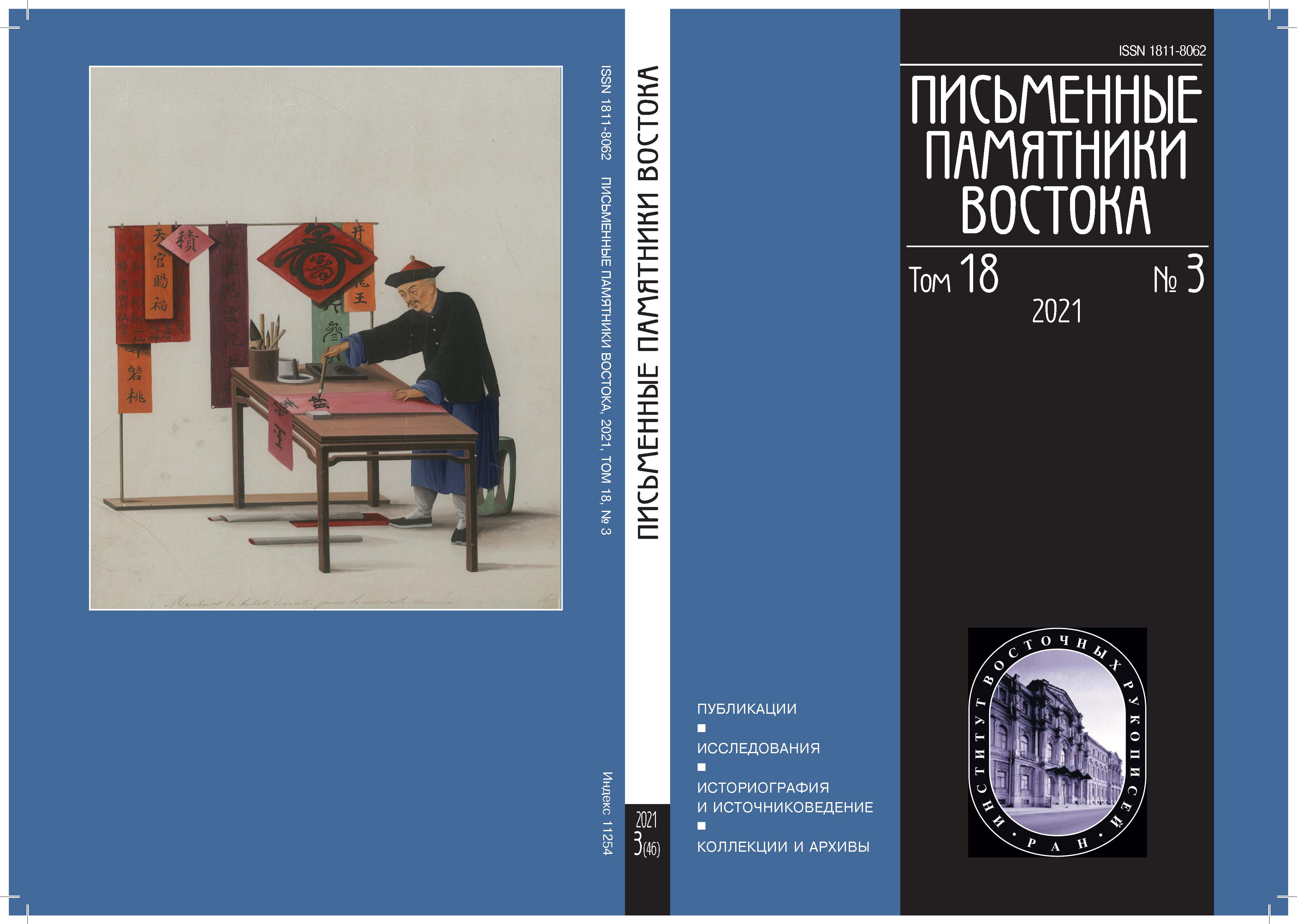Sound changes to avoid using taboo characters
- Authors: Takata T.1
-
Affiliations:
- Fudan University
- Issue: Vol 18, No 3 (2021)
- Pages: 51-57
- Section: Research works
- Published: 28.12.2021
- URL: https://journals.eco-vector.com/1811-8062/article/view/77307
- DOI: https://doi.org/10.17816/WMO77307
- ID: 77307
Cite item
Full Text
Abstract
It has been recognized so far that sound change was not used in order to avoid using a taboo character. Nevertheless, we find examples that suggest that there was indeed a habit of changing sounds to avoid using taboo characters in speech. Such sound changes can be seen not only in the case of state taboo, i.e., avoidance of the given names of emperors, but also in the case of secular taboo, e.g., sound changes of the vocabularies for genitals practiced in the Buddhist society. Interesting enough, these sound changes were not a case of temporary substitution but were used as one of the stable pronunciations of the characters.
About the authors
Tokio Takata
Fudan University
Author for correspondence.
Email: takatatokio@gmail.com
http://www.zinbun.kyoto-u.ac.jp/~takata/
Distinguished Professor, Department of History
Japan, ShanghaiReferences
Supplementary files













